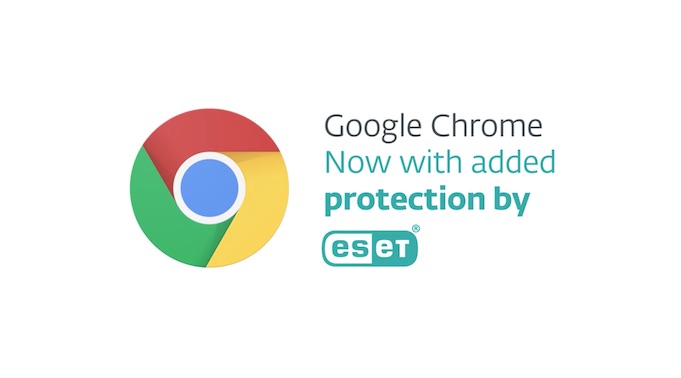16 October 2017

, a leading global cybersecurity company, today launches Chrome Cleanup, a new scanner and cleaner for Google Chrome designed to help users browse the web safely and without interruption. Chrome Cleanup will be available for all Google Chrome users running on Windows.
As cyber-attacks become more complex and difficult to spot, browsing the web can lead users to dangerous sites which can install malicious software onto devices.
Chrome Cleanup will alert Google Chrome users to potential threats when it detects unwanted software. Google Chrome will then give users the option to remove the software. Chrome Cleanup operates in the background, without visibility or interruptions to the user. It deletes malicious software and notifies the user once the cleanup has been successfully completed.
“Using the internet should always be a smooth and safe experience for everyone,” said Juraj Malcho, Chief Technology Officer at ESET. “For three decades, ESET has developed a number of security solutions that allow users to safely enjoy their technology and to mitigate a variety of cyber threats. Chrome Cleanup addresses unwanted software that can negatively influence a users’ experience on the internet.”
Chrome Cleanup is included in the latest version of Google Chrome. For more information about these tools, read Google’s blog post, .
About ESET
For 30 years, has been developing industry-leading IT security software and services for businesses and consumers worldwide. With solutions ranging from endpoint and mobile security, to encryption and two-factor authentication, ESET’s high-performing, easy-to-use products give consumers and businesses the peace of mind to enjoy the full potential of their technology. ESET unobtrusively protects and monitors 24/7, updating defenses in real-time to keep users safe and businesses running without interruption. Evolving threats require an evolving IT security company. Backed by R&D centers worldwide, ESET becomes the first IT security company to earn awards, identifying every single “in-the-wild” malware without interruption since 2003. For more information visit or follow us on , and .